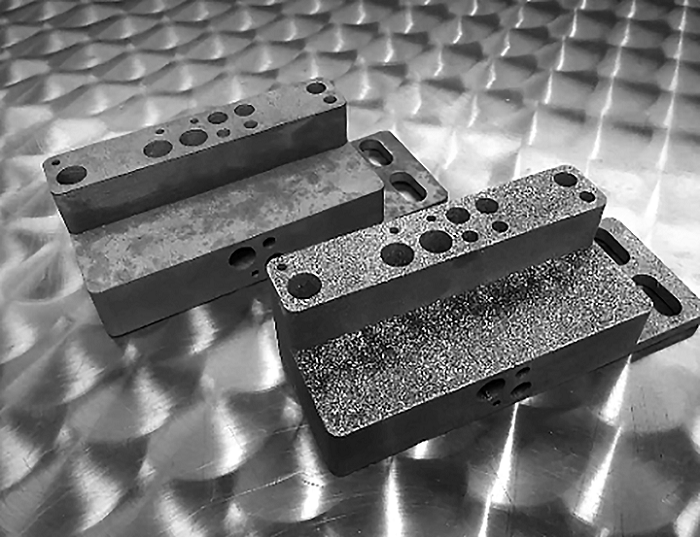ISO 7784 Abrasion Resistance Testing of Coatings
The ISO 7784 standard is a crucial tool in evaluating the abrasion resistance properties of coatings, particularly those used in industrial and commercial environments. This test measures how resistant a coating is to wear caused by frictional forces between two surfaces moving relative to each other. The results from this testing are essential for ensuring that protective layers meet the required durability standards.
During ISO 7784 abrasion resistance testing, specimens are subjected to repeated rubbing or scraping actions using a specified abrasive medium under controlled conditions. This process simulates real-world wear and tear scenarios experienced by coated surfaces in industrial applications like automotive parts, machinery components, and building materials.
The abrasion resistance test helps determine the longevity of coatings applied on various substrates such as metals, plastics, wood, and composites. By understanding how well a coating can withstand abrasive forces, manufacturers can make informed decisions about material selection and formulation adjustments to improve performance.
One key aspect of ISO 7784 testing involves selecting appropriate abrasion wheels or wheels that mimic the expected wear patterns in use environments. The choice of wheel material and grit size plays a significant role in accurately replicating typical operating conditions. Additionally, environmental factors such as temperature, humidity, and exposure to chemicals must be carefully controlled throughout the test procedure.
Post-test evaluation includes visual inspection for signs of damage or changes in appearance before quantifying any losses via gravimetric methods or other suitable techniques. Compliance with specified limits ensures that products meet regulatory requirements while also providing valuable insights into potential improvements needed within product development cycles.
Industry Applications
| Industry Sector | Application Area |
|---|---|
| Motorsport and Automotive | Ensuring durability of coatings on braking systems, exhausts, and suspension parts. |
| Aerospace | Evaluating the integrity of protective layers in engine components subjected to high stresses during operation. |
| Construction Materials | Determining resistance levels against abrasive forces from foot traffic or equipment. |
Why Choose This Test
The ISO 7784 abrasion resistance test offers several advantages over alternative methods when assessing the durability of coatings. It provides a standardized approach that allows for consistent results across different laboratories worldwide, enhancing comparability between suppliers and end-users.
By implementing this test early in R&D processes, developers can identify areas where further refinement might be necessary without waiting until late stages when changes become more costly or challenging to implement. Early-stage testing also enables iterative design improvements based on initial feedback from the abrasion resistance data gathered.
The reliability provided by ISO 7784 ensures that manufacturers have confidence in their products' ability to perform consistently under expected conditions, reducing risks associated with premature failures due to insufficient coating protection.
Furthermore, compliance with international standards like ISO 7784 demonstrates a commitment to quality and safety standards recognized globally. This can enhance customer trust and satisfaction while potentially opening up new market opportunities for compliant products.
Quality and Reliability Assurance
The quality assurance process for ISO 7784 abrasion resistance testing includes rigorous calibration of equipment, adherence to strict procedural protocols, and ongoing training of personnel involved in conducting these tests. Regular audits ensure that all steps are followed correctly, maintaining accuracy and consistency.
For reliability assurance, laboratories employing this method typically maintain comprehensive documentation detailing every aspect of the test procedure from sample preparation through final analysis. This information serves not only as a record for internal quality control but also provides valuable data points if disputes arise regarding test results or interpretations.
In addition to technical expertise, modern labs equipped with advanced instrumentation further enhance both accuracy and reproducibility of ISO 7784 abrasion resistance tests. These systems often incorporate automated sample handling capabilities, precise control over environmental parameters, and sophisticated data analysis software that facilitate efficient processing of large datasets.
The combination of thorough documentation practices, state-of-the-art technology, and experienced personnel guarantees high-quality outputs from ISO 7784 abrasion resistance testing. Such assurance builds confidence among stakeholders involved in selecting appropriate protective coatings for diverse industrial applications.





